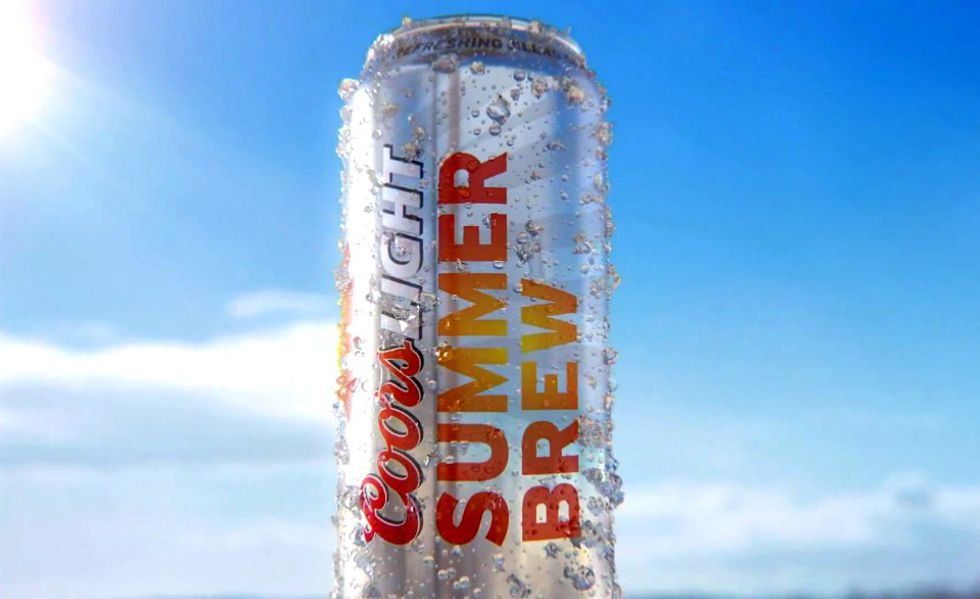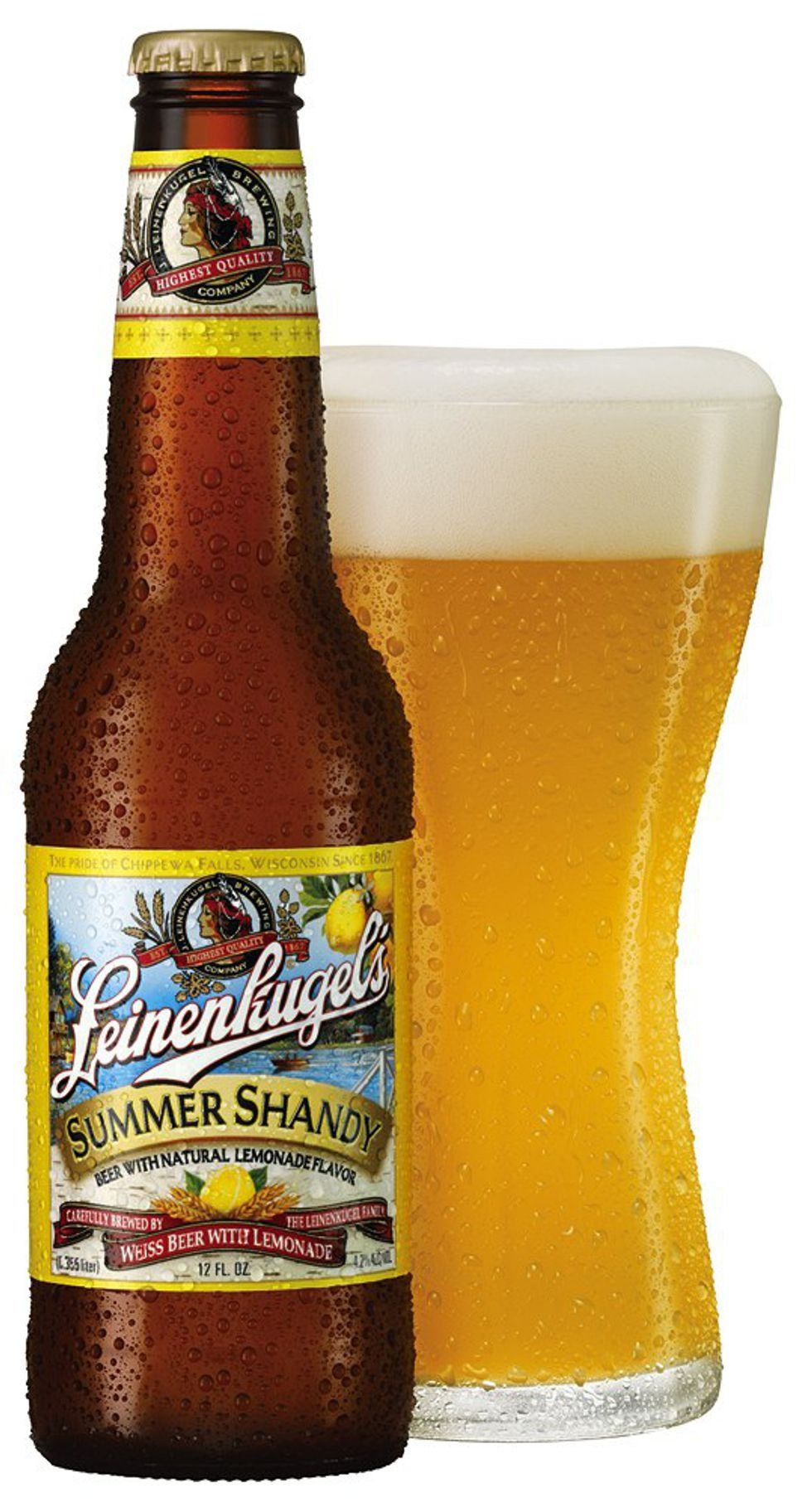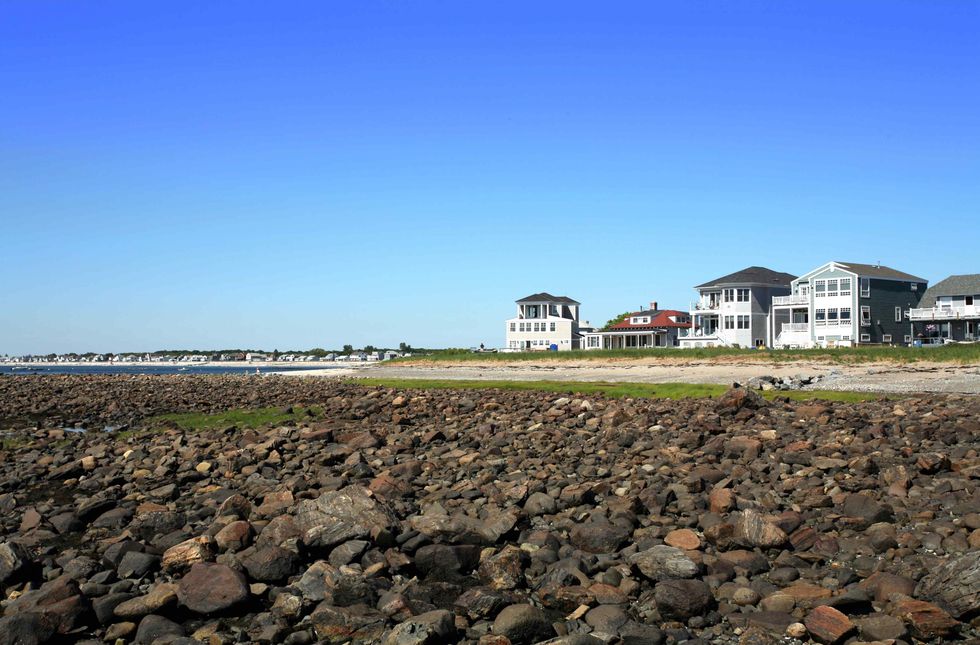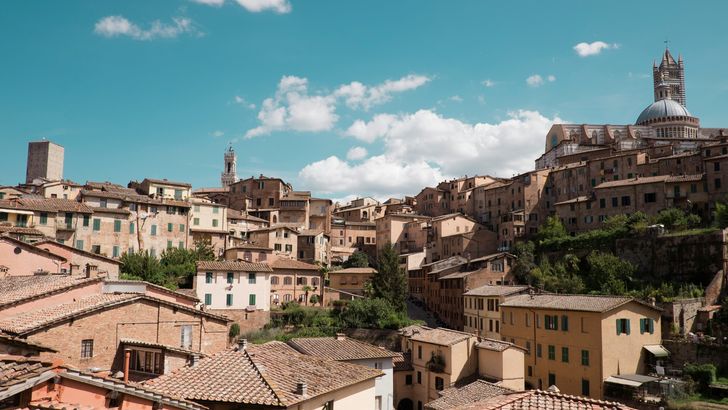It’s often a joke among college students to argue over who has a practical major or not and how many job options they’ll have once they graduate. Bio-chem and physics majors always seem to know there will be job positions for them, despite the tedious coursework they endure. Classics majors desire to follow in the footsteps of their professors, or forge their own path by reading Old Latin and Greek texts which they’ll write lengthy commentaries about. Even theater majors aren’t the proverbial butt of all jokes since they’re seen as artists to be respected in their area of work. For history majors however, we’re all told, "Oh, that’s neat. What are you going to do if you’re not a professional historian, teach?" Or perhaps, "You sure about that? How are you going to pay off your loans?" Of course, there’s always the statement which has us neophyte historians grinding our teeth, "There’s no point to history; it’s about dead people and stuff that doesn’t matter anymore."
In truth, only a small percentage of history majors go on to be professional historians, and there are many other professions besides teaching. Instead, most go on to become lawyers, librarians, business people, writers, archivists, researchers, politicians and even entertainers, if they incorporate their knowledge into a profession such as acting. Many leaders in every industry, from business to the arts, can point to their training as history majors as the starting point for their success. Indeed, historical study plays an important part in fostering well-rounded intellectual development as well as developing valuable career skills in research, writing, argumentation and documentation.
Furthermore, the importance of knowing the past cannot be over-expressed. All people and peoples are living histories. To take a few obvious examples: communities speak languages that are inherited from the past. They live in societies with complex cultures, traditions and religions that have not been created on the spur of the moment. People use technologies that they have not themselves invented. Each individual is born with a personal variant of an inherited genetic template, known as the genome, which has evolved during the entire lifespan of the human species.
So understanding the linkages between past and present is absolutely necessary for a good understanding of the condition of being human. That, in a nutshell, is why history matters. It is not just useful: it is essential.
The study of the past is essential for "rooting" people in time. And why should that matter? The answer is that people who feel themselves to be rootless live rootless lives, often causing a lot of damage to themselves and others in the process. Indeed, at the most extreme end of the out-of-history spectrum, those individuals with the distressing experience of complete memory loss cannot manage on their own at all. In fact, all people have a full historical context. But some, generally for reasons that are no fault of their own, grow up with a weak or troubled sense of their own placing, whether within their families or within the wider world. They lack a sense of roots. For others, by contrast, the inherited legacy may even be too powerful and outright oppressive.
In all cases, understanding history is integral to a good understanding of the condition of being human. It allows people to build upon a secure foundation. Neither of these options can be undertaken well without understanding the context and starting points. All living people live in the here-and-now but it took a long unfolding history to get everything to the present. And that history is located in time-space, which holds this cosmos together, and which frames both the past and the present.
Let’s take a look at another example. When you go into a doctor’s office for the first time, you invariably have to fill out an information sheet that asks about your medical history. Some of these forms are very detailed, asking questions that require information from rarely accessed memory banks. Why does a doctor ask these questions? The doctor is trying to construct an accurate picture of your state of health. Your health is heavily influenced by the past. Your heredity, past behaviors, past experiences are all important determinants and clues to your present condition. Whenever you return to the doctor, he or she pulls out a file which contains all the notes from past visits. This file is a history of your health. Doctors understand very clearly that the past matters.
As a society, we cannot allow the belief that history can be ignored while we’re faced with the myriad challenges of today. By looking back, we can often find solutions that worked then and will work again with minor modifications. Those who take the time and effort to learn history are never condemned to repeat it, but become destined to use it as a tool for the present. When one comprehends the fact that the past is the cause of the present, the past then becomes able to shape the future. The past only dies when it is forgotten.












 Photo by
Photo by  Photo by
Photo by  Photo by
Photo by  Photo by
Photo by  Photo by
Photo by  Photo by
Photo by  Photo by
Photo by 


 File:Hampton Beach, New Hampshire - low tide - panoramio.jpg ...
File:Hampton Beach, New Hampshire - low tide - panoramio.jpg ... fire on fire pit during night time
Photo by
fire on fire pit during night time
Photo by  Free Images : american lobster, dish, new england clam bake ...
Free Images : american lobster, dish, new england clam bake ... vanilla flavor ice cream with chocolate syrup
Photo by
vanilla flavor ice cream with chocolate syrup
Photo by  File:Celebrity Silhouette (ship, 2011) 002.jpg - Wikimedia Commons
File:Celebrity Silhouette (ship, 2011) 002.jpg - Wikimedia Commons








